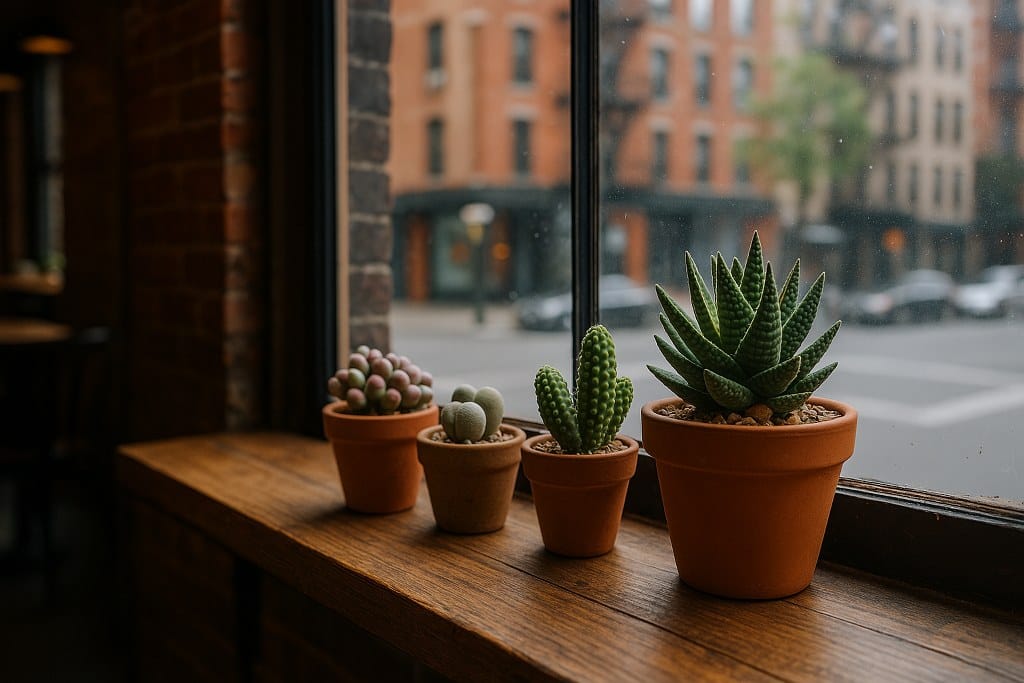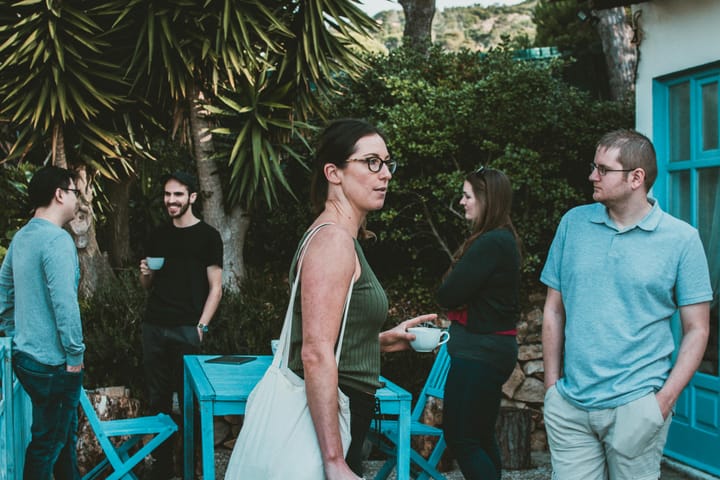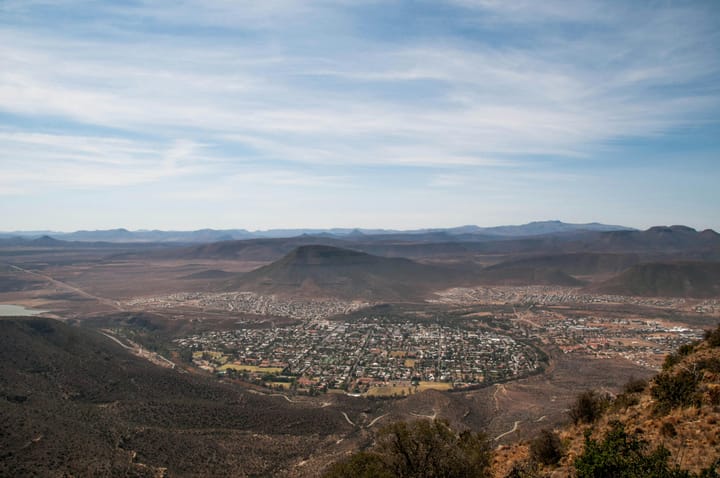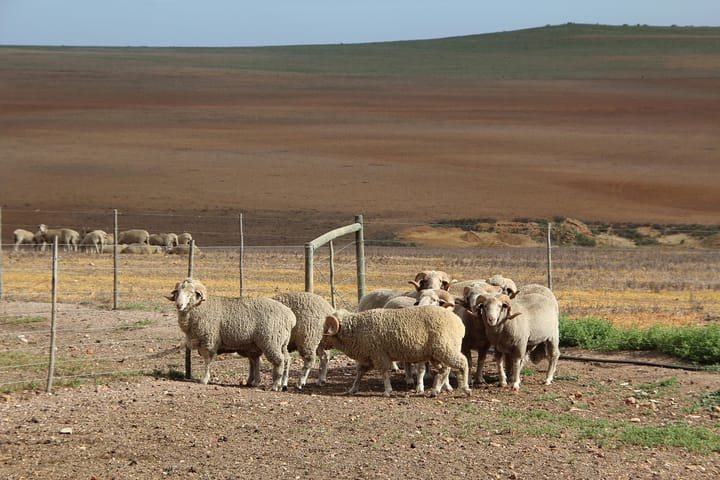Inside the Karoo's green gold heist
The Karoo's economy, already fragile, depends significantly on biodiversity-driven tourism, especially during wildflower season.

In the Karoo, a silent heist is underway. Tiny, unassuming succulents, nature's own water-wise wonders, are being plucked from their arid homeland at an alarming rate. This isn't just a quirky botanical crime, it's a full-blown ecological and economic crisis that's shaking the very roots of the region.
The green gold rush
Once the domain of botanists and niche collectors, the global obsession with succulents has exploded into mainstream culture. From minimalist apartments in Tokyo to hipster cafés in Brooklyn, these hardy plants have become the darlings of interior design. But as demand skyrockets, so does the dark underbelly of the trade.
Enter the poachers. Organized syndicates, sensing the lucrative market, have descended upon the Karoo's vast landscapes. Their target? Rare and endemic species like the Conophytum, a genus so unique that 85% of its species are now teetering on the brink of extinction. These plants, some over half a century old, are being uprooted by the millions. In just three years, an estimated 1.5 million succulents have been illegally harvested from the wild .
Ecological domino effect
The Karoo isn't just a barren wasteland dotted with quirky plants; it's a biodiversity hotspot, home to over 6,000 plant species, with 40% found nowhere else on Earth. These succulents play a pivotal role in preventing soil erosion, maintaining soil health, and providing shelter for various microfauna. Rip them out, and you don't just lose a plant, you unravel an entire ecosystem. Katherine Forsythe, a Succulent Karoo Programme Manager with the World Wildlife Fund South Africa, paints a grim picture: "Once an area is disturbed, the plants are unlikely to come back anytime soon... and only if there are seeds left." The delicate balance of this arid environment doesn't bounce back overnight; it could take decades, if at all.
Economic thorns
Beyond the environmental catastrophe, there's a financial storm brewing. The Karoo's economy, already on shaky ground, leans heavily on biodiversity-driven tourism. Wildflower season, a spectacle that draws visitors from around the globe, is under threat. As poaching decimates plant populations, the very allure that fuels eco-tourism and sustains local businesses is fading. 95% of the Karoo is privately owned. Landowners, who have long seen themselves as stewards of this unique landscape, are finding their properties pillaged. The invasion of poachers not only strips the land of its natural assets but also brings a slew of other woes: broken fences, stolen livestock, and a pervasive sense of vulnerability.
The underground network
The mechanics of this illicit trade are as intricate as the succulents themselves. Local harvesters, often driven by economic desperation, are recruited by organized crime syndicates. These foot soldiers venture into the remote stretches of the Karoo, illegally uprooting plants under the cover of darkness. The booty is then transported to urban centers, cleverly concealed and prepped for international shipping. Destinations? Primarily East Asia, Europe, and North America, where collectors are willing to shell out hefty sums for these botanical treasures.
Fighting back
But it's not all doom and gloom. In 2021, a coalition of government bodies, conservationists, and local communities birthed the National Response Strategy and Action Plan. This initiative aims to curb illegal harvesting while bolstering enforcement and exploring sustainable economic alternatives for local communities. Landowners are also banding together, improving communication networks to swiftly report suspicious activities. However, the challenges are steep. The vastness of the Karoo, combined with limited resources, makes policing every nook and cranny a Herculean task.
The way forward
The succulent poaching crisis is a thorny issue, intertwining ecological preservation with economic survival. While the allure of quick cash drives some to exploit the land, the long-term ramifications could leave the Karoo barren, both ecologically and economically. For the Karoo to thrive, a multifaceted approach is essential: stringent law enforcement, community engagement, sustainable economic opportunities, and, perhaps most crucially, a global shift in consumer behaviour.
After all, every time a rare succulent graces a windowsill halfway across the world, it might just be another nail in the coffin for the Karoo's rich tapestry of life.





Comments ()